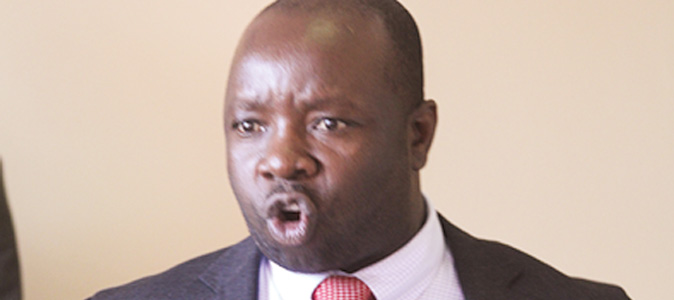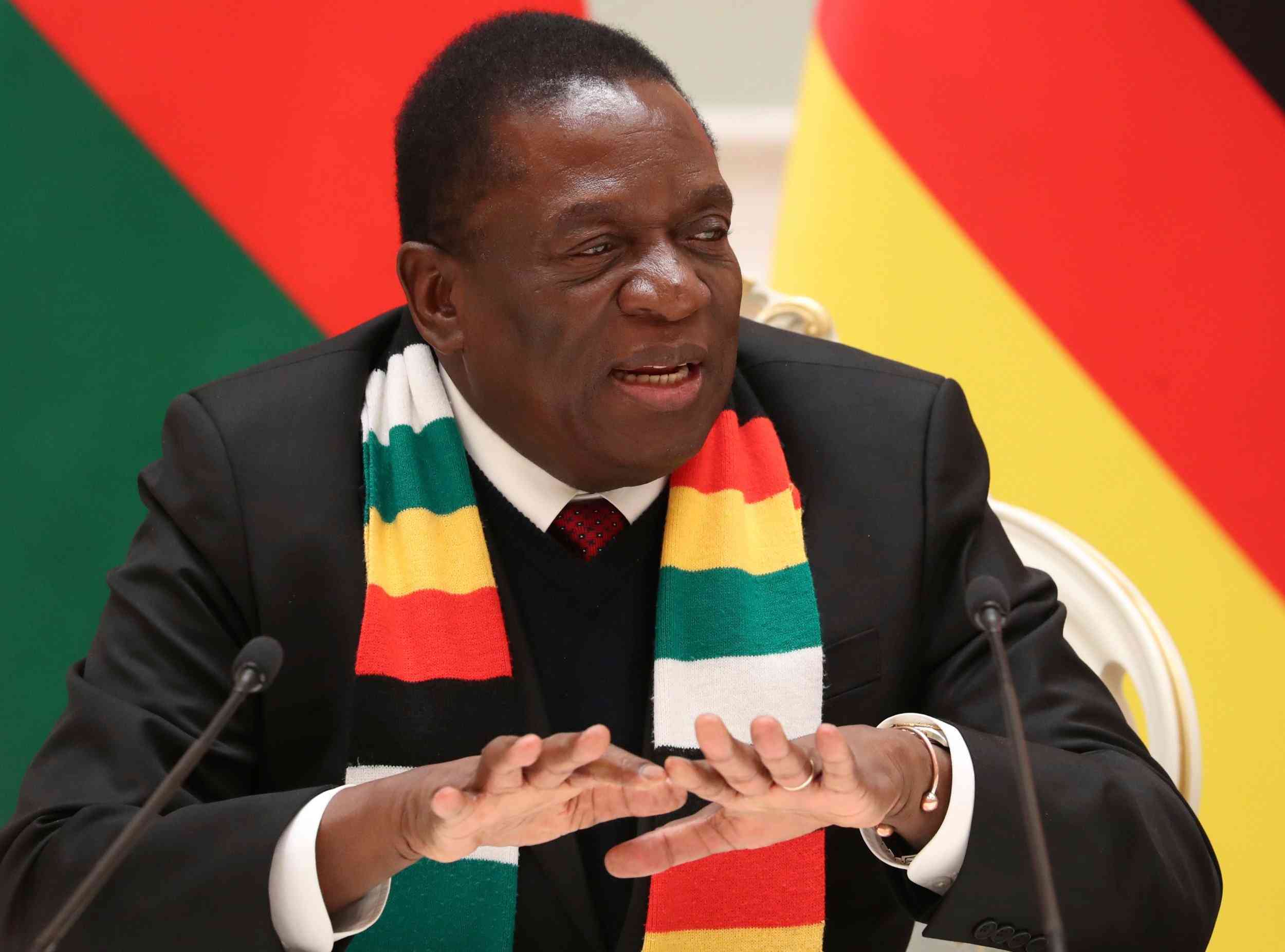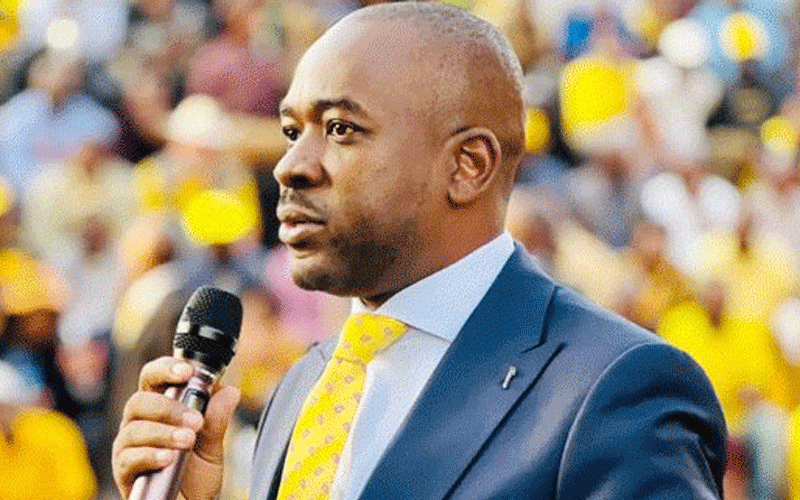
Fresh details have emerged of how former Zanu PF MP Munyaradzi Kereke manipulated state institutions, including the police, in his vain attempt to escape prosecution for raping an 11-year-old girl.
By Obey Manayiti and Veneranda Langa
Kereke, a former advisor to retired Reserve Bank of Zimbabwe governor Gideon Gono, was last year sentenced to 10 years in jail for raping his niece.
The girl’s uncle, Francis Maramwidze recently opened up for the first time in an exclusive interview with The Standard, revealing how he lost $200 000 as he sought justice for his granddaughter.
Maramwidze’s hardware and transport business also collapsed as he battled for close to a decade to get Kereke prosecuted.
Kereke, once a wealthy businessman with interests in the health sector, used police officers to intimidate the victim’s family and received help from the attorney general’s (AG’s) office to frustrate lawyers pursuing the rape case.
He was eventually convicted of rape and sent to Chikurubi Maximum Prison for the heinous crime.
In an effort to reconstruct one of Zimbabwe’s most high-profile rape cases in history, this paper stumbled on fresh evidence showing how Kereke used his highly-placed connections to stay out of jail for a decade.
- Chamisa under fire over US$120K donation
- Mavhunga puts DeMbare into Chibuku quarterfinals
- Pension funds bet on Cabora Bassa oilfields
- Councils defy govt fire tender directive
Keep Reading
Documents that Charles Warara of Warara and Associates who represented the girl availed to The Standard, some of which were also presented in court, offer glimpses into nail-biting efforts to untangle Kereke’s capture of the police and the attorney general’s office.
The AG’s office, then led by Johannes Tomana who was later appointed the prosecutor general and is currently on suspension for allegedly abusing his office, declined to prosecute the rape case.
On December 17 2010, Warara wrote to the AG’s office and the Police General Headquarters complaining about the lack of will on their part to arrest Kereke and have him prosecuted.
Two months later, the lawyer also wrote to the officer-in-charge of Borrowdale Police Station complaining that police were “sitting on the matter for political reasons”.
In a letter dated February 21 2011, the police responded to Warara saying the docket had been forwarded to the AG’s office.
Maramwidze was then invited for a meeting by a senior police officer, Moses Chihuri, to discuss his complaint over police’s alleged negligence and protection of Kereke.
Chihuri, according to Maramwidze, admitted that Kereke was too influential.
Prior to that, on January 27 2012, Warara had written to the AG indicating his intention to take the matter to private prosecution since Tomana was dithering on his constitutional duty to prosecute.
On April 15 2012, Warara wrote to the Commissioner General of Police Augustine Chihuri demanding to know why the AG had declined to prosecute the matter when there was damaging evidence against Kereke.
The letters were ignored and on July 20 2012 Warara wrote again to Tomana demanding to handle the prosecution on his own in terms of the Criminal Procedure and Evidence Act
Several other letters that Warara wrote to the AG fell on deaf ears and he only got a response on July 27 2012 that claimed that an earlier letter which the AG had written in reply to Warara had disappeared and could not be located in the files.
At one time, a frustrated Maramwidze said he even considered bringing public interest groups to assist in getting co-operation from the police to get justice for the rape victim, but did not follow that through.
He then approached the High Court in a matter where the commissioner general of ZRP was the first respondent and the AG the second respondent, seeking permission to independently prosecute the case and pay the costs of the application, under case number HC 10203/12.
Chihuri filed an opposing affidavit on September 15 2012, arguing that the allegations against Kereke had not been proven before a competent court and they could not act on mere suspicion of a crime having been committed.
The AG’s office, on its part, insisted it could not prosecute because the evidence given against Kereke lacked consistency, coherence and strength and the case must be dismissed, but Maramwidze, on October 8 2012, filed an answering affidavit at the High Court, pouring scorn on this.
Two weeks later, the police attempted to arrest Warara for allegedly abusing the rape victim and her sister in August 2010, but the lawyer was set free when it became clear the claims were made-up.
On February 12 2013, Maramwidze continued with his appeal to the High Court, that the ZRP and AG be ordered to prosecute Kereke for raping the minor.
After some false starts, private prosecution was granted in late 2015.
But it took the Constitutional Court to achieve that as Tomana, kicking and squirming, was slapped with a three-month sentence for resisting orders by three courts to issue a private prosecution certificate.
The sentence was suspended on condition he issued the certificate, which he did for lack of choice.
At the same time, Kereke was also making court applications and counter-applications to resist both normal and private prosecution, but that came to nought once the certificate was issued.
Kereke first appeared in court on January 11 2016 to answer to the rape crime – six years after committing the crime. Harare Magistrate Noel Mupeiwa convicted him on July 10 2016.
He is serving time at Chikurubi Maximum Security Prison even though he is challenging both sentence and conviction.
Lawyer Jessie Majome described the manner in which the AG’s office handled the Kereke rape case as “very pathetic and incompetent”.
“There is need to find out why there is a poor rate of conviction, and how many cases have been refused prosecution by the prosecutor general’s office. The public also needs to be educated about the duties of the prosecutor general’s office and how they can seek private prosecution,” she said.
Kereke has apologised to his former boss Gono and the government but not to his victims.
l This story was produced with assistance from the Information for Development Trust (IDT). TDT is a not-for-profit organisation that assists media houses to investigate issues in the public interest.









